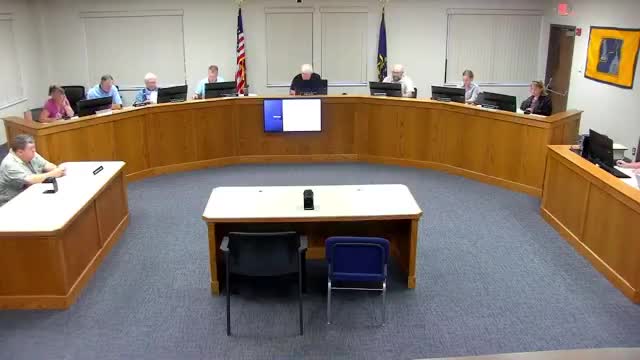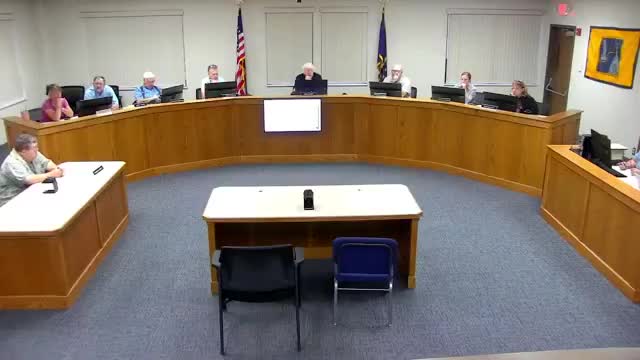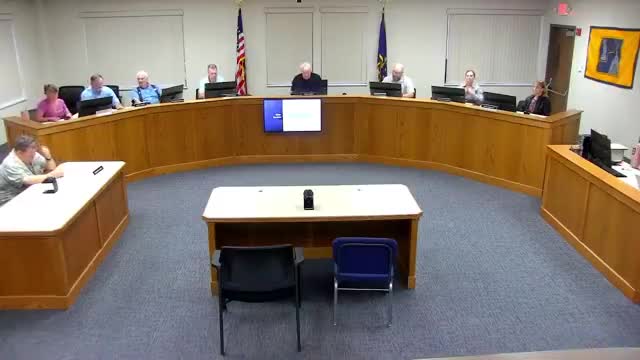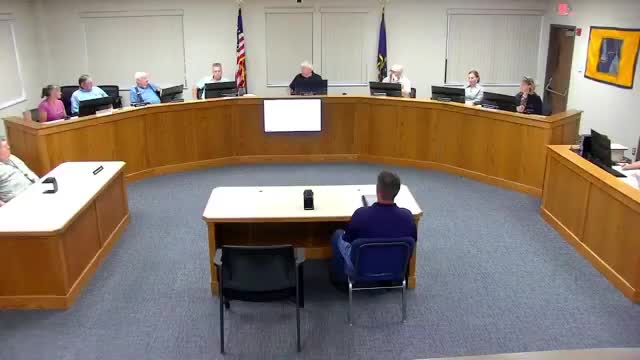Article not found
This article is no longer available. But don't worry—we've gathered other articles that discuss the same topic.

Marshall County planning commission tables request to vacate portion of 2C Road near Bremen Missionary Church

Planning commission submits 2026 budget request; commission approves staff’s proposed figures

Planning commission endorses sending draft carbon‑sequestration ban to county attorneys for review

